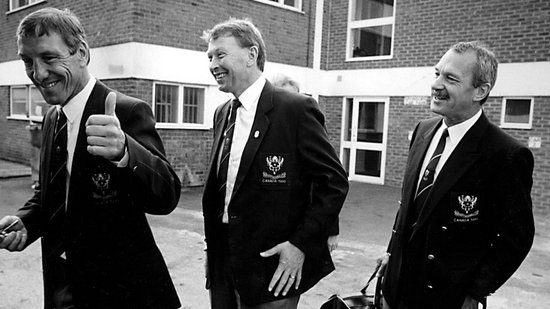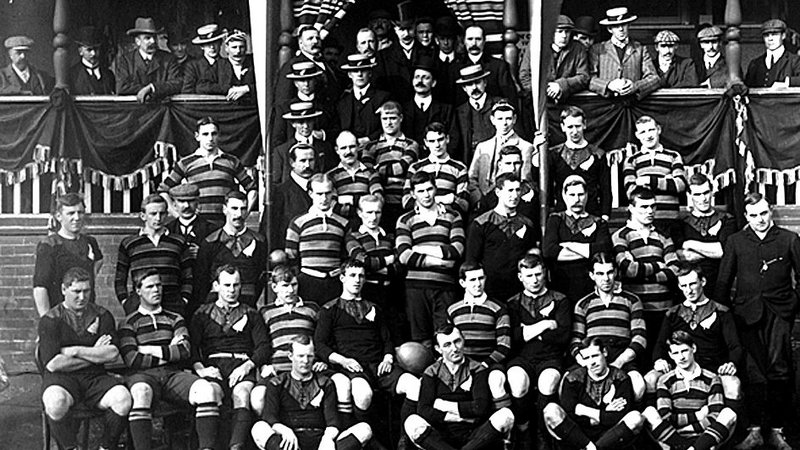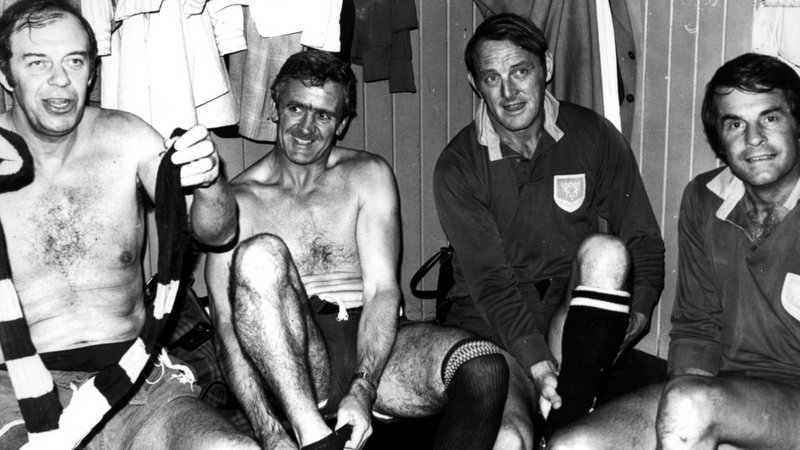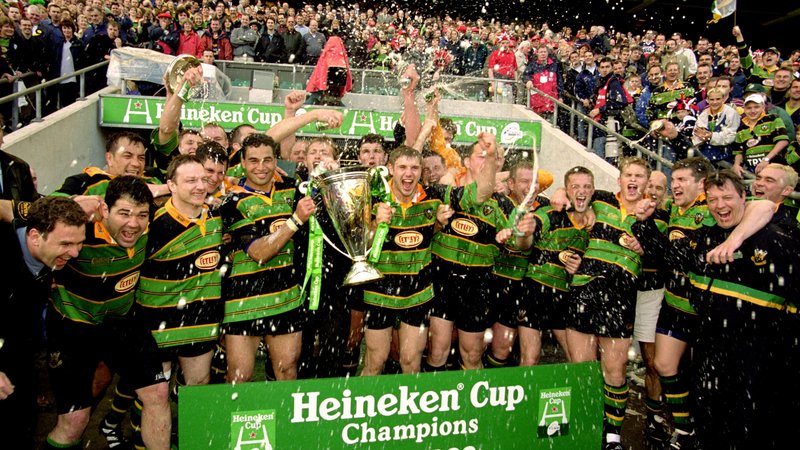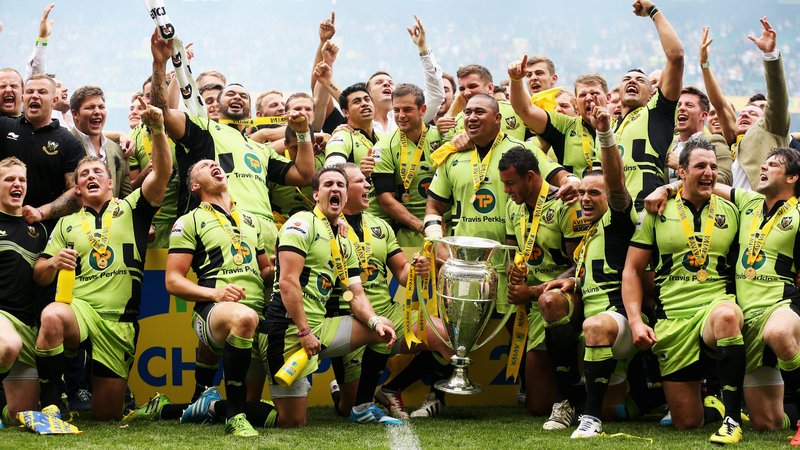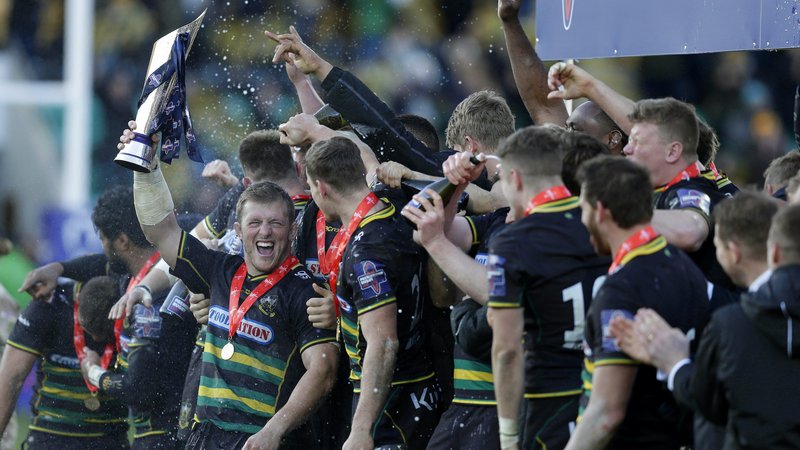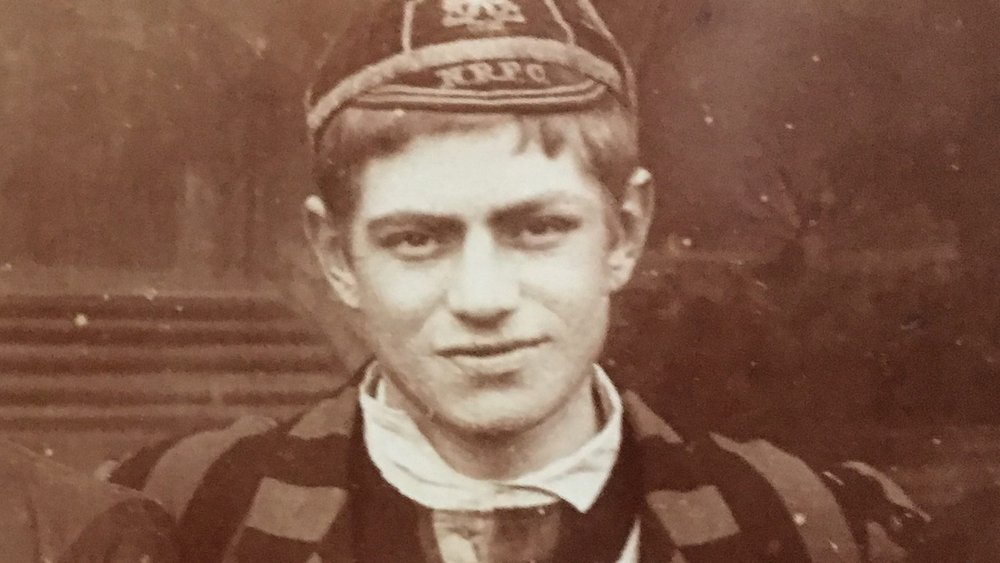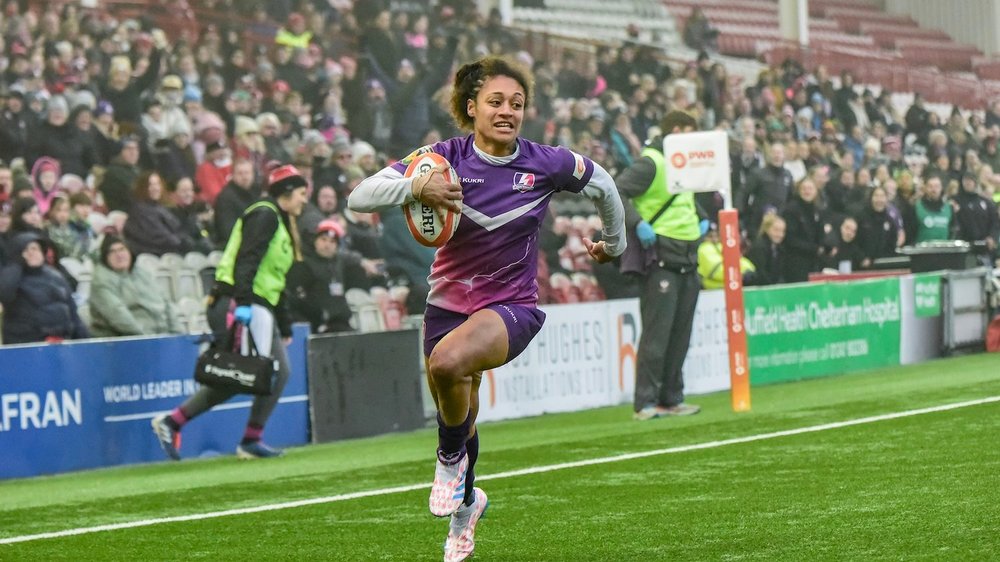While the 1950s and 1960s had been decades filled with success for Saints, by the 1980s the Club was in serious danger of sliding out of England's elite.
Despite the efforts of players such as Gary Pearce, Vince Cannon and Frank Packman, Saints’ struggles culminated in the 1987/88 season when the team finished bottom of Division Two.
A lack of relegation in that first season of league rugby both saved Saints from sliding into ignominy and proved to be the catalyst for a revolution at the administrative level. A group of former players and supporters – known as 'The Gang of Seven' – put together a proposal for the future running of the organisation. Following an extraordinary campaign in which both the new men and the established committee were given space in the Chronicle and Echo to outline their respective visions, the proposals were put to the Club's annual general meeting.
The vote was overwhelming; 228 for the shake-up, just 76 against. It was certainly an emotional night that saw the old guard swept out of office and new men installed with a mandate to make Saints great again.
They did not waste their time. In came Barrie Corless as a full-time director of rugby, the first man to hold such a position in England. Players quickly followed; the likes of fly-half John Steele, fullback Ian Hunter and back-rower Tim Rodber all joined Pearce, Packman, Harvey Thorneycroft and John Olver to form the nucleus of a powerful team.
Martin Bayfield, a future England international and British & Irish Lion, also joined Saints from Bedford in 1991. But the biggest capture of all had come two years previously when Wayne Shelford, a 1987 World Cup winner and legendary captain of the All Blacks, agreed to move to Franklin’s Gardens.
Spurred on by this new generation, the Club reached its first ever Twickenham final in 1991 – losing narrowly to a star-studded Harlequins outfit in extra time – and came within a whisker of winning the Division One title in 1992.
Although there was disappointment following that final against Quins, and the following year when an outstanding midweek win at Leicester was undone by a defeat against Nottingham that would surely have made Saints champions of England, one thing was certain; Saints were back as a force to be reckoned with in English rugby.
